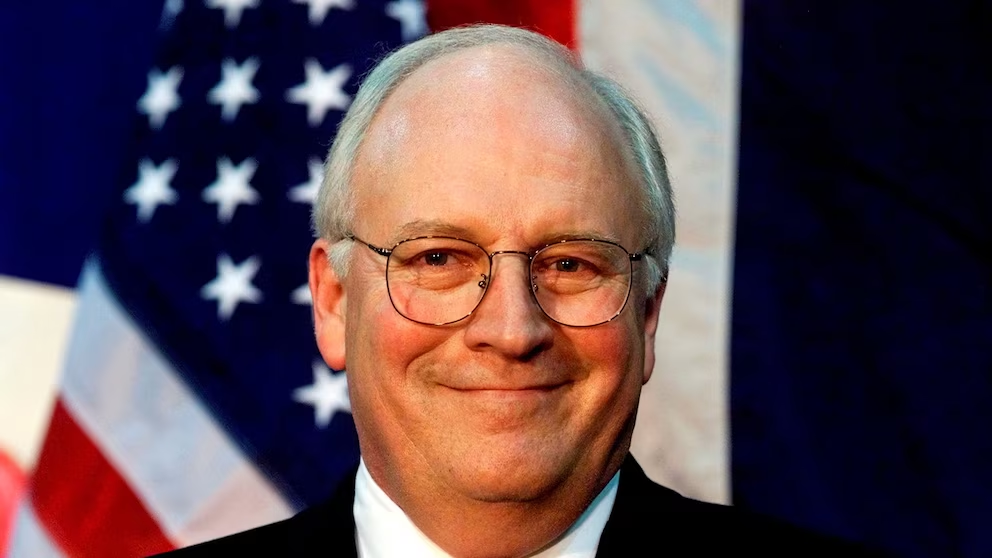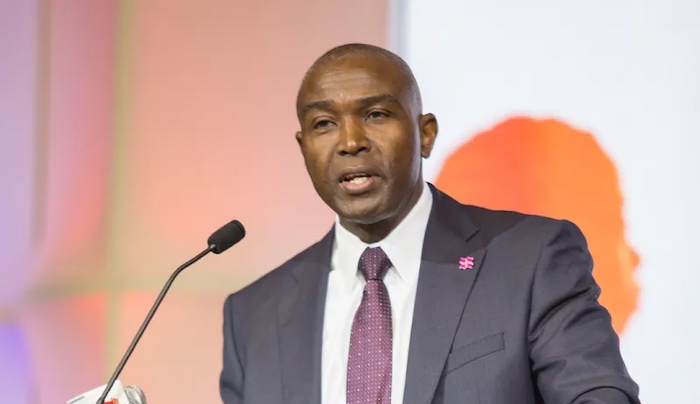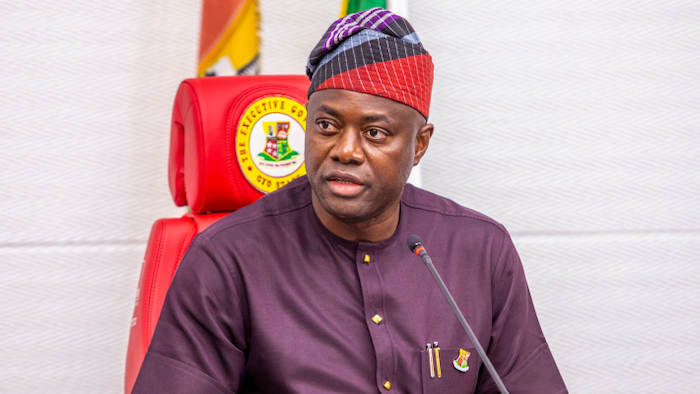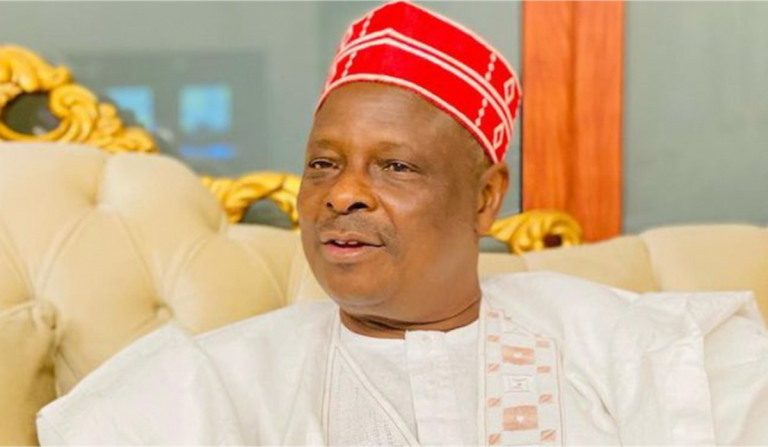
Former White House Chief of Staff, congressman, Secretary of Defense, and Vice President of the United States, Dick Cheney has died at the age of 84, his family announced.
Widely regarded as one of the most influential vice presidents in American history, Cheney was often described as the driving force behind many of the George W. Bush administration’s most defining policies.
His influence was particularly visible in the aftermath of the September 11, 2001 terrorist attacks, when he worked closely with Defense Secretary Donald Rumsfeld to steer national security decisions while President Bush was moved to safety. Within weeks, U.S. forces were in Afghanistan pursuing al-Qaida and confronting the Taliban.
The Veteran Statesman and Long-Time Republican Leader’s legacy, however, is most closely tied to the 2003 invasion of Iraq. Having served as Secretary of Defense during the first Gulf War, Cheney later argued that Saddam Hussein was linked to al-Qaida and possessed weapons of mass destruction.
Both claims were ultimately disproven, but they helped pave the way for a war that reshaped global politics and cost hundreds of thousands of lives.
According to Brown University’s Watson Institute, at least 800,000 people have been killed by direct war violence across Iraq, Afghanistan, Syria, Yemen, and Pakistan since 2001.
The treatment of detainees in the U.S. “war on terror,” including the use of torture, added further controversy. Even after leaving office, Cheney staunchly defended the interrogation tactics used during that period.
Despite dropping out of Yale and avoiding military service in Vietnam, Cheney became a towering figure in Republican politics.
His career began under President Richard Nixon and quickly accelerated — he became the youngest White House Chief of Staff under Gerald Ford, later served in Congress under President Reagan, and then joined the cabinet of George H.W. Bush as Secretary of Defense.
By the time George W. Bush selected him as his running mate in 2000, Cheney had already survived three heart attacks — and even a well-publicized hunting accident while vice president, in which he accidentally shot a companion.
His daughter Liz Cheney followed him into politics, serving in the same Wyoming congressional seat her father once held. She eventually broke with her party over Donald Trump and the January 6 Capitol attack, for which she harshly criticized Republican leadership.
Cheney himself condemned his party’s direction, lamenting that its leaders no longer resembled those he once served alongside.
In 2024, Cheney declared he would vote for Democrat Kamala Harris over the Republican nominee Donald Trump, calling Trump “the greatest threat to our republic” in U.S. history — a striking rebuke from a lifelong conservative who said the moment demanded placing country above party.
Reflecting on Cheney’s complex public image, biographer Jake Bernstein once noted that the former vice president embraced his reputation as a political villain: “He liked that people called him Darth Vader. I don’t think he ever intended to soften his image.”
Cheney’s death marks the end of one of the most consequential, divisive, and enduring careers in modern American politics.



